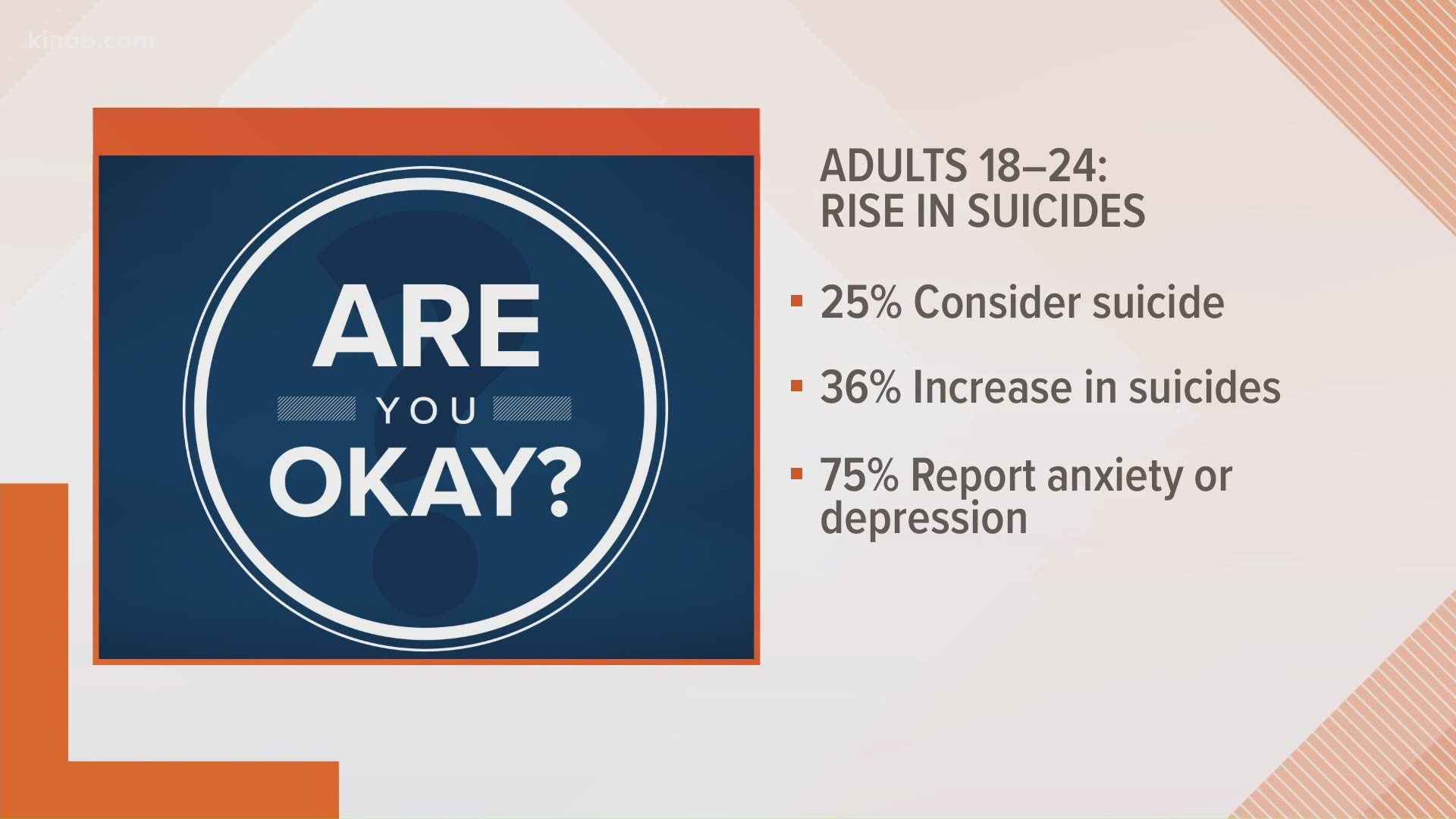SEATTLE — People experiencing mental health illnesses could soon be using their smartphones to get treatment.
A study from the University of Washington School of Medicine showed that a mobile mental health application was not only able to help people with serious mental illnesses but was able to do so just as effectively as clinic-based group interventions at half the cost.
“If there were billing codes, you could create new forms of health care that cost half of what it would cost in a clinic,” said lead author Dror Ben-Zeev, UW professor of psychiatry and behavioral sciences.
The study revolved around the costs of using a smartphone app called FOCUS and 163 people participated. Of the patients, 49% had a diagnosis of schizophrenia or schizoaffective disorder, 28% had bipolar disorder and 23% had major depressive disorder.
The treatment was given through the app with the help of a support specialist. The specialist helps the patients with the initial app training, provides technical support and weekly phone check-ins. The app itself included daily self-assessments and on-demand digital interventions that were available 24/7.
The results from patients using the smartphone app were compared with those of patients in a clinic-based group intervention. The group intervention was led by two facilitators and included weekly 90-minute sessions and guided activities.
Both interventions took place over the course of three months. The cost for a patient to use the FOCUS smartphone app $1,011. The group-based intervention cost $1,956.
“The app used fewer (staff) people, spending less time to reach the same amount of patients, and accomplished the same thing clinically,” said Ben-Zeev.
Over 120 million people live in areas that lack adequate mental health providers, according to the Bureau of Health Workforce. UW says a meaningful adoption of Internet-based treatments and digital mental health apps could improve patient access to treatment and help alleviate provider shortages.




